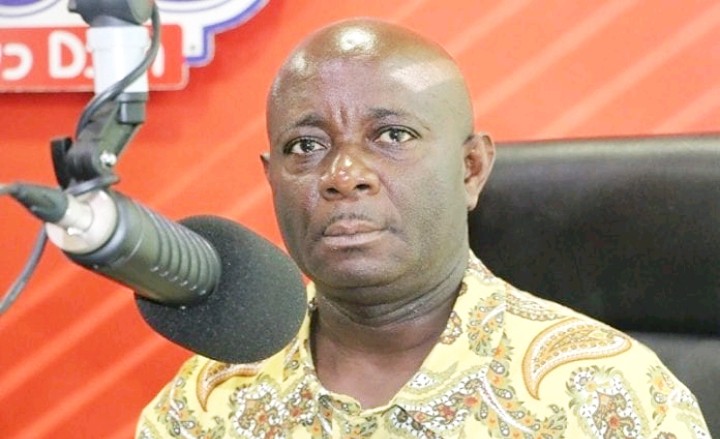
Leader of the United Progressive Party (UPP), Akwasi Addai Odike, has strongly criticized the role of partisan politics in fueling conflict and instability in Ghana. Speaking in an interview with Saddick Adams on Angel FM on Monday July 28, Odike warned that the peace, unity, and safety of the Ghanaian people are being eroded by political divisions.
He made particular reference to the protracted conflict in Bawku, stressing that political interests have taken precedence over genuine efforts to restore calm and security in the area. According to him, partisan interference has prolonged the conflict and deepened ethnic divisions, which continue to put lives and property at risk.
“Partisan politics is destroying this country. Instead of resolving conflicts like the one in Bawku with fairness and neutrality, politicians are using them as tools to score points and control territories,” Odike lamented.
He added that the politicization of security matters has weakened the credibility of state institutions, making it difficult for citizens to trust conflict resolution processes.
Odike further criticized successive governments for what he described as their selective and inconsistent approach to peacebuilding, stating that the lack of political will and genuine commitment has allowed tensions in Bawku and other parts of the country to fester.
“We cannot build a united Ghana when politicians care more about elections than people’s lives. The peace of our nation must be prioritized above all partisan considerations,” he emphasized.
He called on the government, traditional authorities, civil society organizations, and the media to rise above political bias and work collectively to restore lasting peace in conflict zones. He also appealed to the youth in Bawku and other volatile areas to resist being used by political actors for violent ends.
Galamsey Fight: Partisan Politics Is A Big Problem!
Odike’s comments come at a time when concerns about the politicization of national issues, including chieftaincy disputes, security operations, and development priorities, continue to dominate public discourse.





